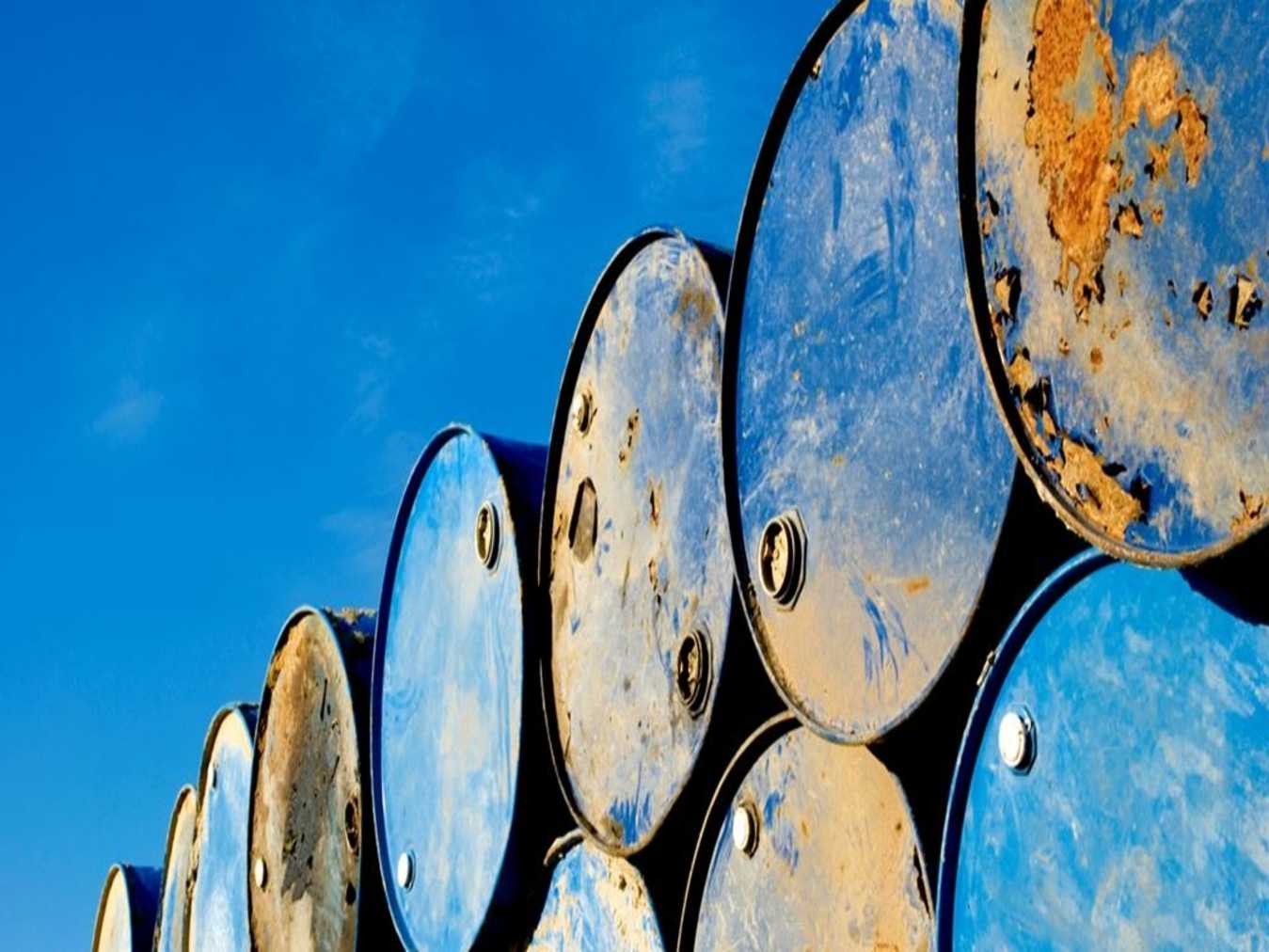OIL AND THE GCC ARE INSEPARABLE
Although these countries have been working to move their GDP and budget away from oil prices and consumption, it is an important indicator of economic activity in the Arabian gulf. And contrary to popular belief, investors in the region are not necessarily heavily weighted in the oil sector.
‘It would not be correct to state that the portfolio managers/investors are heavily weighted in the oil sector. However, many of the other sectors of the economy such as real estate, banking and financial services are indirectly related to oil and gas, comprising a significant portion of the market cap today,’ said Shailesh Dash, board member at Allied Investment Partners.
There has been a severe price correction across the board as the pandemic and lower oil prices make many investment opportunities more attractive—both in equities and the fixed income.
‘The GCC has not been any different. The price correction has been severe because of the lower oil prices, slowing economy and the pandemic. Hopes of having a vaccine ready by the end of the year, return to normal economic activity and the improvement in oil prices have improved the demand for asset classes, both debt and equity,’ Dash said.
With only a handful of GCC oil and gas companies listed, he said there is a need to have investors diversify away from these market segments as more and more companies from other different sectors list on the market.
Dash sees potential in Sukuk and bonds. Unless there is a second wave of the pandemic or if the vaccines prove to be unsuccessful, he is confident that there will be an increasing demand for GCC paper.
However, ‘everything depends on the recovery of the oil prices and the economies’ said Dash, as only a sustained increase in oil prices and improving GCC economies will make oil and gas companies, such as Aramco, and indirectly, the real estate, telecom and the financial sectors more attractive to invest in.
Allied Investment Partners is eyeing bonds issued by the various banks and telecom companies in the region as attractive investment opportunities, but its decisions will be subject to the caveat on oil.
After a contraction in March, oil witnessed a sharp recovery of 12.6 million b/d in demand levels between April to July. According to MUFG Bank MENA Research and Strategy, as the pace of monthly oil demand gains is starts to slow, global oil demand recovery is expected to improve only by around 4 million b/d from August to December.
As the world emerges from lockdowns, a combination of weaker economic growth and lingering impacts of Covid-19 mobility restrictions will still be a drag on the recovery in oil demand, especially jet fuel.
Global demand is expected to expand to an average of 97 million b/d by year-end, as aviation demand in particular is slow to convalesce losses.
MUFG forecasts that global oil demand will not return back to pre-virus levels until Q3 2021, in line with the International Energy Agency’s expectations of 2022.
‘In GCC we are more comfortable investing largely in the money market instruments and bonds/Sukuk in the current environment while taking selective opportunistic calls on local equities,’ Dash said.
The investment firm is cautious for the rest of the year and will take a closer look at the region’s economic activity as well as government support. It is adopting an opportunistic approach to find the right asset class in the current capital market environment.
‘We don’t believe Q3 will be any different than Q2. The uncertain economic environment, US-China tensions, along with frequent government policy changes will need to be carefully evaluated. We are optimistically cautious and hoping that the various government measures taken will help stabilize world economies as well as the GCC capital markets and we can start seeing some positive movement from October onwards,’ he concluded.

Comments